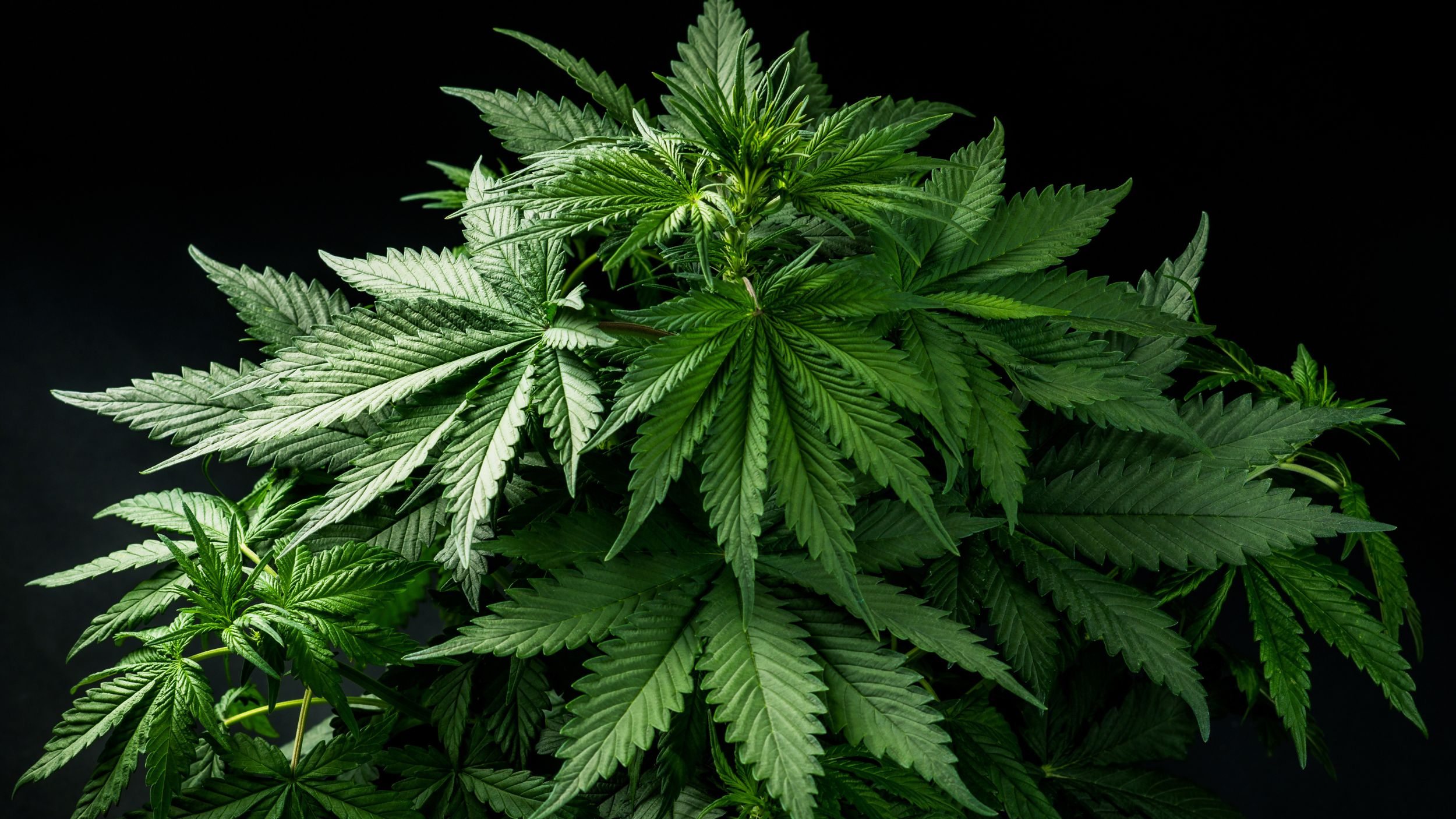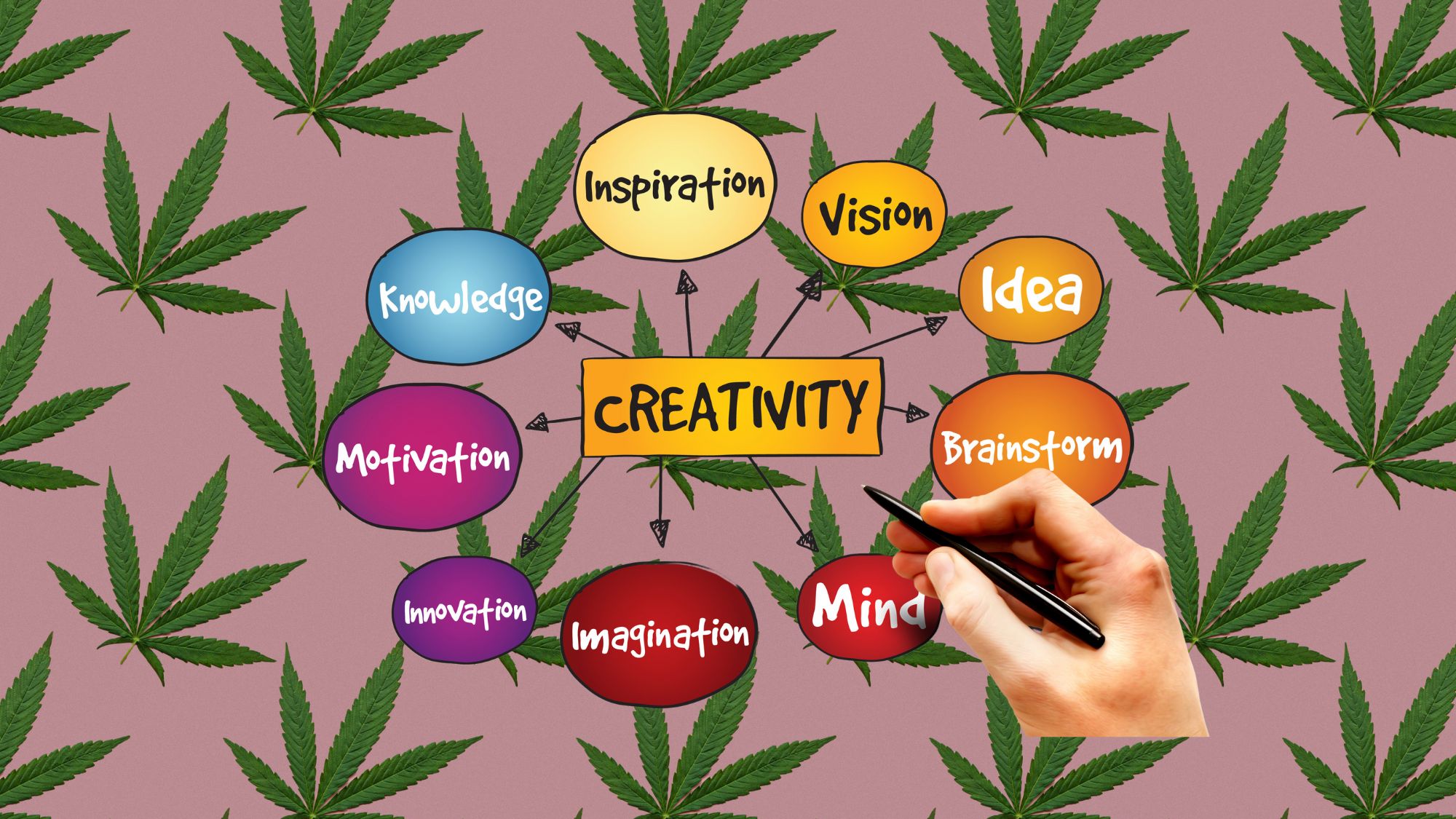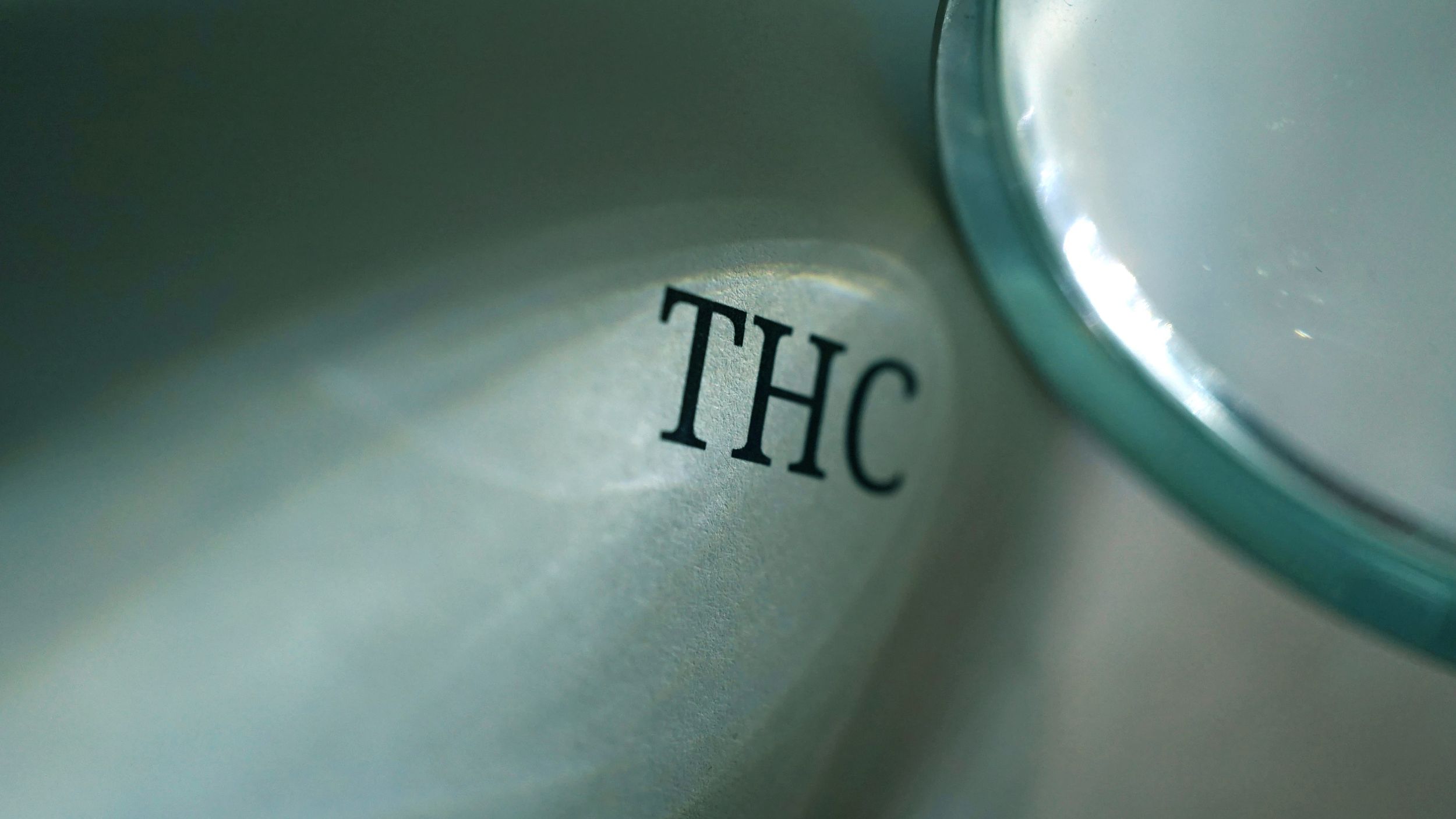THC, or delta-9-tetrahydrocannabinol, is the psychoactive compound found in cannabis plants that is responsible for producing the “high” associated with marijuana use. Like CBD, THC has a long history of use for medicinal and spiritual purposes, and its use has evolved over time.
Ancient Civilizations and Traditional Medicine
The use of cannabis plants for medicinal and spiritual purposes can be traced back to ancient civilizations, including the Chinese, Indian, and Middle Eastern cultures. In India, cannabis was used in Ayurvedic medicine to treat a variety of ailments, such as headaches and gastrointestinal disorders. Similarly, ancient Chinese texts document the use of cannabis as an analgesic and anesthetic during surgical procedures.
The ancient Egyptians, Greeks, and Romans also used cannabis for medicinal purposes, including as a pain reliever and for treating inflammation.
Modern Era and Prohibition
In the modern era, the use of cannabis and THC was initially unrestricted, with marijuana extracts being used in a variety of medicines and remedies. However, in the early 20th century, cannabis use began to be restricted and criminalized, with many countries imposing outright bans on its use.
During this time, THC was first isolated and its psychoactive effects were identified. In the 1960s and 70s, THC became popular among counterculture movements and was used recreationally, leading to increased prohibition and criminalization of marijuana and THC use in many countries.
Modern Research and Legalization
Despite its criminalization, research on THC continued in the scientific community, with numerous studies demonstrating its potential therapeutic benefits, such as reducing pain, nausea, and vomiting in cancer patients undergoing chemotherapy.
In recent years, attitudes towards cannabis and THC have shifted, with an increasing number of countries legalizing or decriminalizing its use. In some US states and countries, THC is now used medically and recreationally, with the creation of a new industry around cannabis and THC products, including edibles, oils, and topicals.
Conclusion
The journey of THC has been long and complex, from its use in ancient civilizations for medicinal and spiritual purposes to its modern-day criminalization and subsequent legalization. As research continues to uncover the many potential health benefits of THC, attitudes towards its use continue to shift, with a growing acceptance of its use for both medical and recreational purposes.




